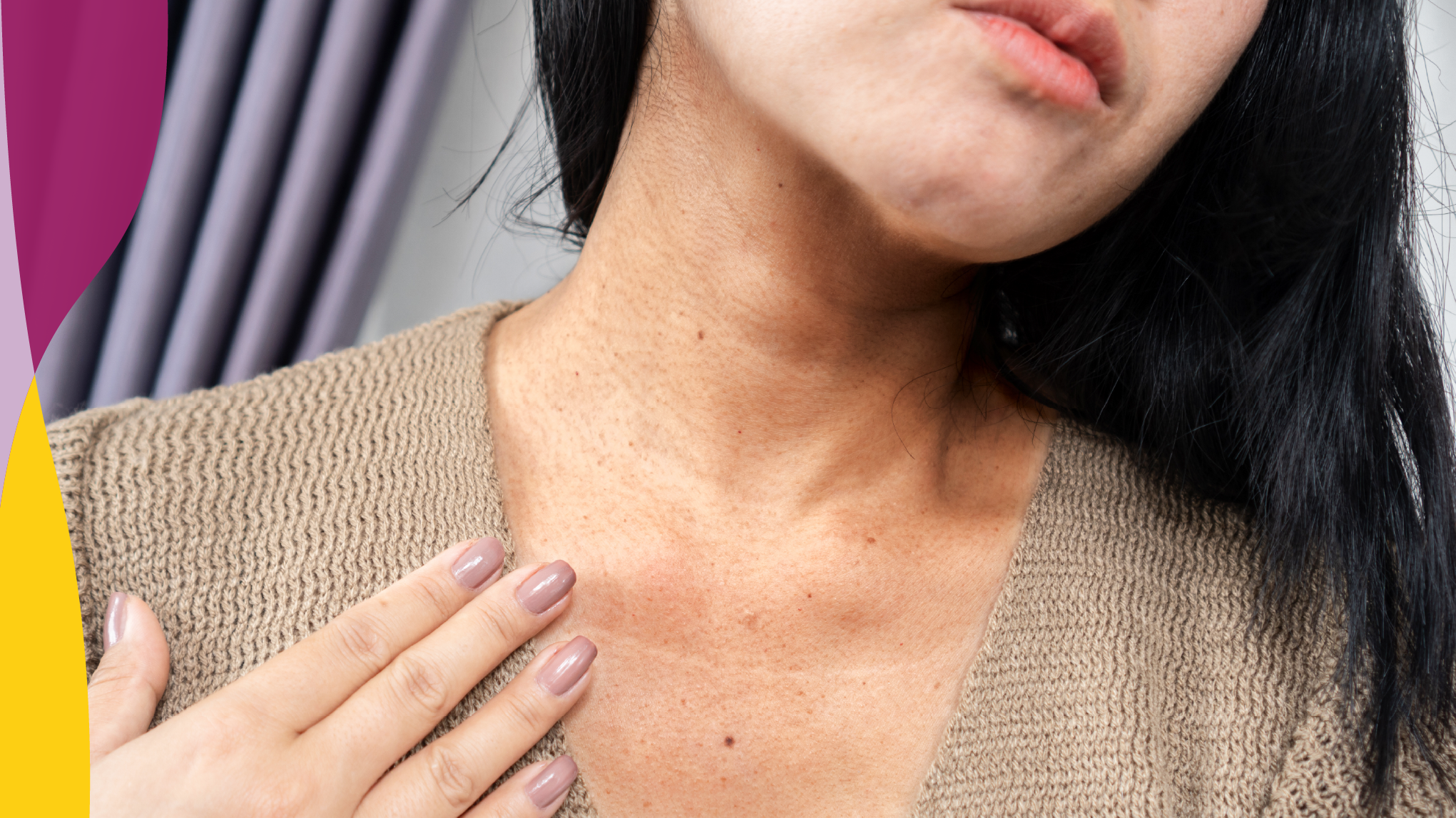
Skin Changes During Radiation Treatment
Will My Skin Be Affected by Radiation Treatment?
If you’re undergoing radiation treatment and notice changes in your skin, don’t panic. About 85-95% of the population undergoing radiation experience some type of change.
While your skin may not be the intended focus of the radiation treatment, radiation has a destructive effect on normal tissue surrounding the treatment area. These changes are often referred to as radiation dermatitis, which means inflammation of the skin, or radiation burn. The word “burn” may sound scary, but it’s often referred to this way because skin changes can resemble a sunburn.
The specific skin changes that may occur will be based on your type of radiation treatment and the part of your body being treated.
The degree of skin changes and potential damage can also vary due to factors such as:
The dose and length of time radiation is being administered
Location of the radiation treatment
Different skin types
Age of the patient
Pre-existing skin conditions
Concurrent chemotherapy treatments
When Changes Commonly Occur
While everyone’s experience may differ, most people receiving radiation therapy can expect to see skin changes within 7-14 days. It is, however, possible for patients to see changes to the skin weeks after treatment has ended.
Changes You Might Experience Near Your Radiation Site
Itching, tingling, redness, dryness, or irritation to the skin
A sensation of the skin feeling “tight”
Localized swelling
Hair loss and changes to the pores
Blisters or ulcers
Changes to the skin color (pigmentation)
Localized discomfort
It’s important to note that changes to the skin in most cases are temporary but can be permanent.
Top Tips for Managing Skin Changes
Wash your skin with cool water and mild, unscented soaps. Do not use abrasive washcloths or sponges on the area. Gently pat your skin dry with a soft towel.
Use unscented moisturizers on the affected skin. Confirm with your radiation oncologist if this is appropriate, especially if other topical ointments are prescribed.
Try to reduce your sun exposure and use sunblock with SPF 50 or more.
Wear loose clothing. You’ll want to avoid friction on the skin.
When receiving radiation to the breast, wear bras with no underwire.
Use a gentle detergent for washing your clothes.
Maximize your fluid and food consumption. Diets high in protein will help aid in healing.
What to Avoid During Radiation Treatment
Use of razors (If shaving is needed, try using an electric razor to reduce skin harm.)
Heating/cold pads
Wearing make-up, scented lotions, or perfumes
Hot tubs and swimming in pools/oceans/lakes
Wearing tight-fitting or underwire bras when receiving breast radiation (Whenever possible avoid wearing a bra altogether.)
When to Contact Your Radiation Oncologist
It’s important to monitor yourself for any signs and symptoms of infection. If you notice any fever, bleeding, or discharge from your skin, contact your oncology team for guidance. Medicated ointments or oral medications can be prescribed to help with healing. For patients who suffer from chronic radiation effects, a referral for oxygen therapy (Hyperbaric oxygen therapy) may be appropriate.
This article meets Iris standards for medical accuracy. It has been fact-checked by the Iris Clinical Editorial Board, our team of oncology experts who ensure that the content is evidence based and up to date. The Iris Clinical Editorial Board includes board-certified oncologists and pharmacists, psychologists, advanced practice providers, licensed clinical social workers, oncology-certified nurses, and dietitians.
Copyright © 2026 OncoHealth. All rights reserved. All materials on these pages are the property of OncoHealth. The information and other content on this website are for information purposes only. If you have any questions about your diagnosis or treatment, please seek the advice of your physician or other qualified health care provider(s).
